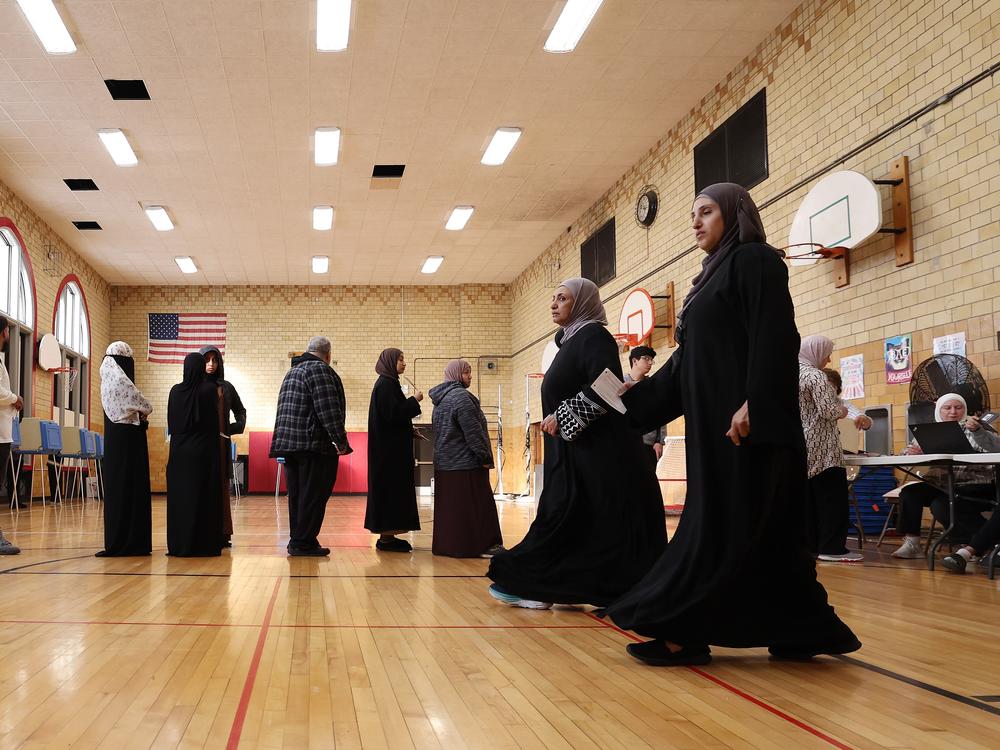Section Branding
Header Content
Which states are swing states? Here are the results to watch this year
Primary Content
This piece originally appeared as part of NPR's live coverage of the 2024 election. For more election coverage from the NPR Network head to our live updates page.
As Americans cast their ballots in this historic election, some votes — as usual — matter more than others.
This election, there are seven states widely seen as competitive: the "Blue Wall" states of Michigan, Wisconsin and Pennsylvania, and the Sun Belt states of Nevada, Arizona, North Carolina and Georgia.
Loading...
The U.S. doesn't elect presidents by popular vote, but rather through the unique electoral college. In the vast majority of states, that means the winner of a state gets all that state's electors, regardless of the margin of their win.
In practice, that means that voters in these swing states — states where the race between the candidates is very close, and could be swayed one way or another — have disproportional impact on the national results.
The list of swing states is far from static: It changes as voting patterns shift. Florida, for instance, was a key swing state for many years, but has trended increasingly Republican and has lost that status. The same is true for Ohio. Meanwhile Georgia was once reliably red, but is now in play for Democrats.
Read more about the 7 most-watched swing states this year:
- Pennsylvania: With 19 electoral votes, Pennsylvania is widely seen as the most pivotal state in this election. Hear from voters on the issues they care about, or read up on Democrats' strategy to "lose less" in rural parts of the state.
- Wisconsin: 10 electoral votes. Read about how Republicans are trying to make Wisconsin red again, or take a stroll down a street in Milwaukee.
- Michigan: 15 electoral votes. Unions and blue-collar workers are a crucial bloc. The Biden-Harris administration’s support for Israel’s war in Gaza has fractured Democratic support for Harris in a state with a large Arab-American population.
- Georgia: 16 electoral votes, in a state that's rapidly diversifying. Meet 5 groups of voters who will shape the state's outcome.
- North Carolina: 16 electoral votes. Mark Robinson, the wildly controversial gubernatorial candidate, is complicating the race for Republicans. Three political takeaways from the N.C. State Fair.
- Arizona: 11 electoral votes. Native American voters could swing this swing state.
- Nevada: 6 electoral votes. A high percentage of voters identify as nonpartisan. The number of electoral votes are small, but the state could still be impactful.


